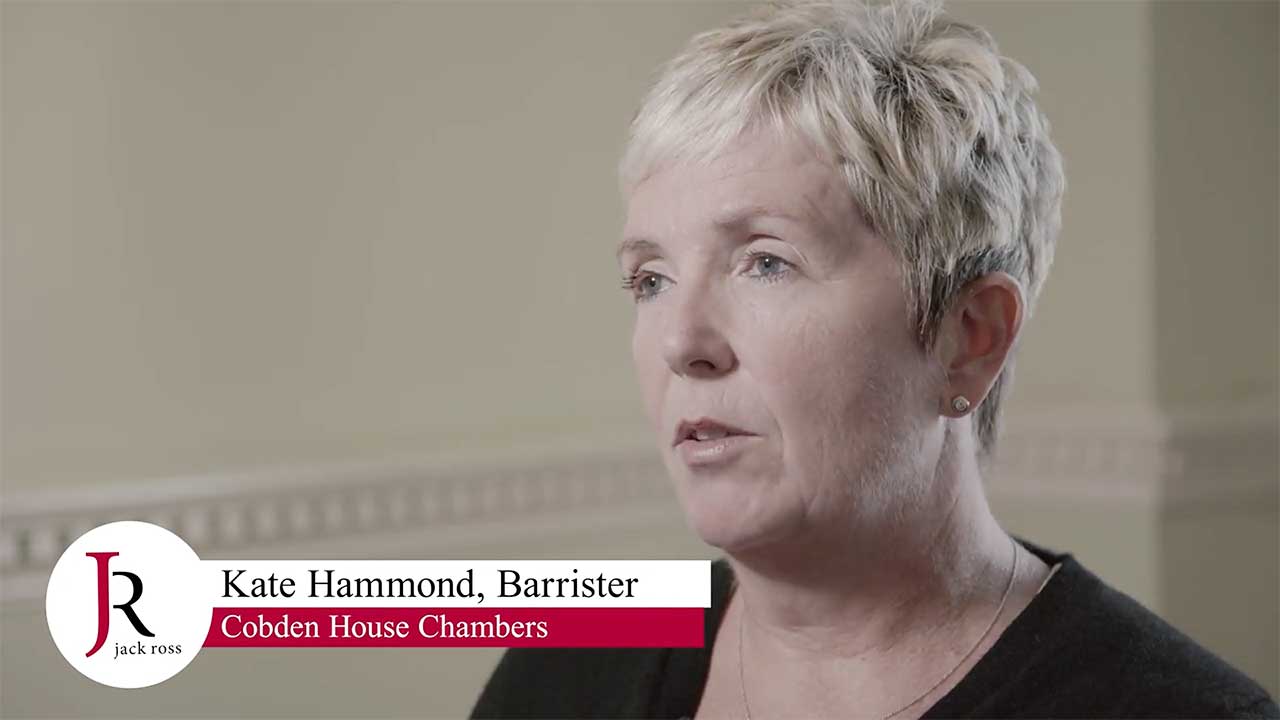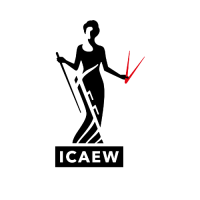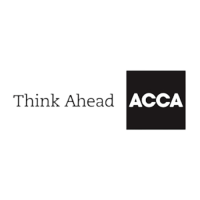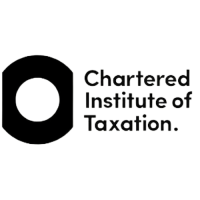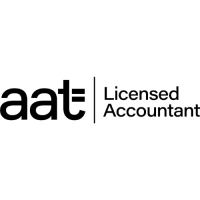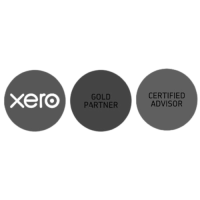The income of a Barrister can arise from a few different sources and the treatment of tax may differ.

Fee Income
This is usually generated through specific casework and the fee note raised by chambers. VAT is calculated when the fee note is issued. However, the barrister is only liable to account to HMRC for VAT when the fee is actually paid.
Barrister Devilling fees
The barrister paying for the service will need to give a VAT invoice to the recipient. This person will be liable to account for the VAT once the invoice has been paid. The income will be considered as fee income for income tax purposes.
Sitting fees
Many barristers also sit as an Assistant Judge, Tribunal Chairperson or Assistant Coroner.
These appointments are usually treated as employment and taxed under PAYE. Most barristers chambers still charge chambers expenses on these sources of income. However, they must be excluded from fee income since they are not subject to VAT. They will also be disclosed employment income in the tax return in the tax year of receipt. Credit will be given for tax deducted at source against the barristers’ overall tax liability for the year.
Official Inquiry Member
Barristers often work on specific Public or Professional Inquiry teams. They are, in most cases, contracted to work on a daily rate. This will be treated as fee income with chambers issuing fee notes and accounting for VAT.
Arbitration
Fee income generated from work as an arbitrator or mediator is treated as fee income. Chambers issue fee notes and accounting for VAT.
Barrister Teaching and Lecturing
Barristers may act as tutors to universities and private law colleges. If this work is subject to a contract it is likely that the income will be treated as employment income. It is, therefore, subject to PAYE in the same way as sitting fees. However, add hoc lecturing will be treated as fee income. In this case, chambers will need to issue fee notes and account for VAT.
Authorship
Barristers may receive fees for the publication of articles or advances and royalties associated with book publication. These sources of income are treated as fee income. Most publishing houses work on self-billing systems. Barristers will need to advise the publishing house of their VAT number in advance of payment. Care must be taken to ensure that self-billing invoices are accounted for in the VAT quarter of receipt. This is because they will not appear on the chambers fee report.
Multiple Chambers
Some barristers work as door tenants at chambers in a different city. Care should be taken to ensure that fee income from all chambers is accounted for. This includes in quarterly VAT returns and annual accounts.
200+ barristers · 75 years · Manchester to London
